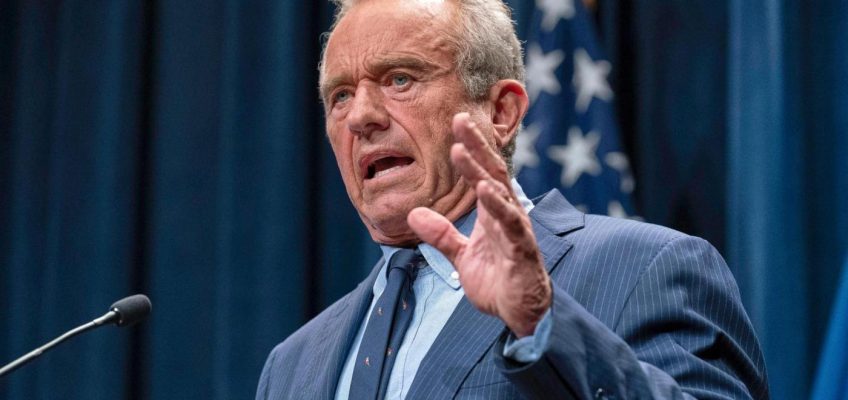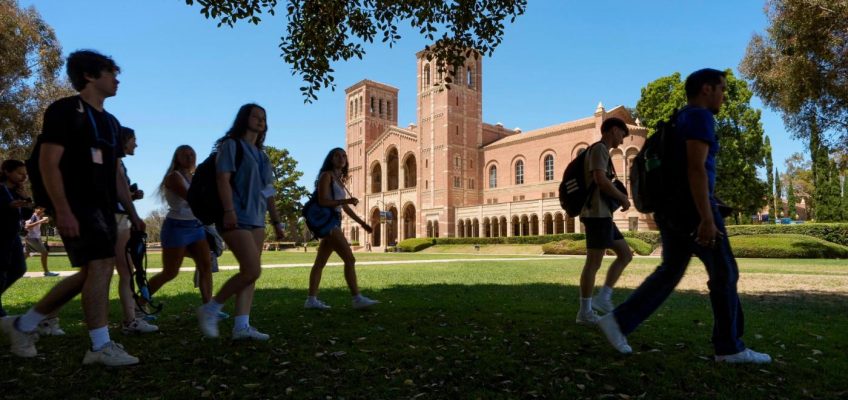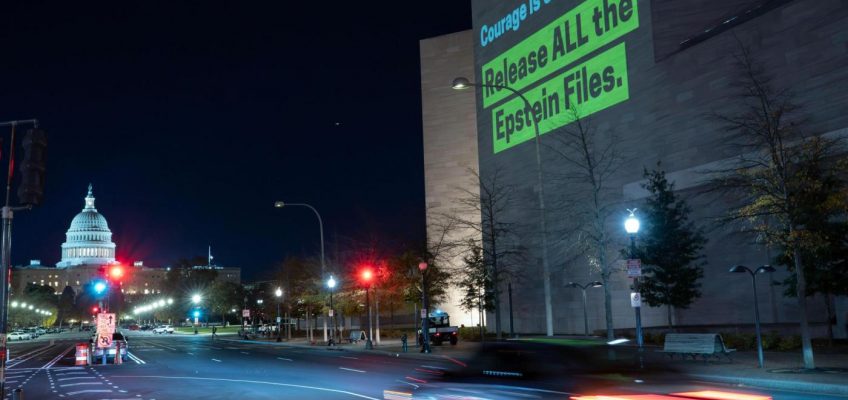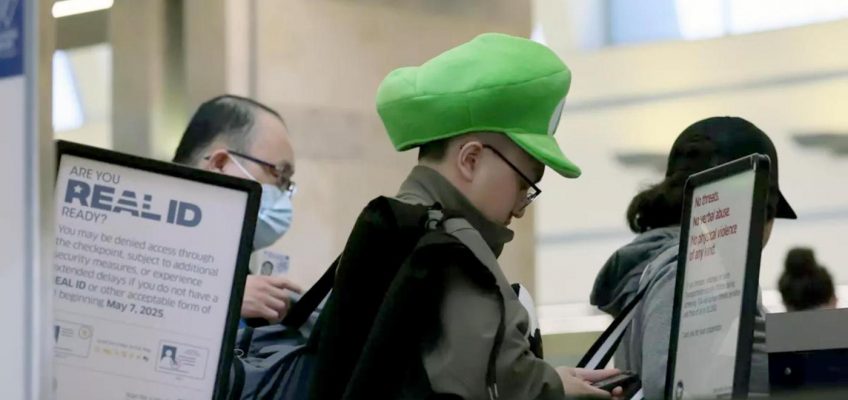By ALI SWENSON, Associated Press
NEW YORK (AP) — Health Secretary Robert F. Kennedy Jr. personally directed the U.S. Centers for Disease Control and Prevention to update its website to contradict its longtime guidance that vaccines don’t cause autism, he told The New York Times in an interview published Friday.
His comments provide clarity into who directed the CDC’s website change, after many current and former staffers at the agency were surprised to see new published guidance on Wednesday that defies scientific consensus. Kennedy, a longtime vaccine critic, has upended the public health agencies he oversees and pushed for and enacted changes that have unsettled much of the medical community, which sees his policies as harmful for Americans.
“The whole thing about ‘vaccines have been tested and there’s been this determination made,’ is just a lie,” Kennedy said in the interview, which was conducted Thursday.
Related Articles
Kashoggi’s widow and Democrats demand release of a call transcript with Trump and Saudi crown prince
Progress on overdose deaths could be jeopardized by federal cuts, critics say
FDA’s plan to boost biosimilar drugs could stall at the patent office
Once a patient’s in custody, ICE can be at hospital bedsides — but detainees have rights
ICE courthouse arrests meet resistance from Democratic states
The CDC’s “vaccine safety” page now claims that the statement “vaccines do not cause autism” is not based on evidence because it doesn’t rule out the possibility that infant vaccines are linked to the disorder. The page also has been updated to suggest that health officials have ignored studies showing a potential link.
Public health researchers and advocates strongly refute the updated website, saying it misleads the public by exploiting the fact that the scientific method can’t satisfy a demand to prove a negative. They note that scientists have thoroughly explored potential links between vaccines and autism in rigorous research spanning decades, all pointing to the same conclusion that vaccines don’t cause autism.
“No environmental factor has been better studied as a potential cause of autism than vaccines,” the Autism Science Foundation said in a statement Thursday. “This includes vaccine ingredients as well as the body’s response to vaccines. All this research has determined that there is no link between autism and vaccines.”
Kennedy, a longtime leader in the anti-vaccine movement, acknowledged to The New York Times the existence of studies showing no link to autism from the mercury-based preservative thimerosal or from the measles, mumps and rubella vaccine. But he told the newspaper there are still gaps in vaccine safety science and a need for more research.
The move creates another disagreement between the health secretary and Sen. Bill Cassidy, a physician and Louisiana Republican who chairs the Senate health committee. During his confirmation process, Kennedy pledged to Cassidy he would leave the statement that vaccines do not cause autism on the CDC website. The statement remains on the website but with a disclaimer that it was left there because of their agreement.
Kennedy told The New York Times he talked to Cassidy about the updated website and that Cassidy disagreed with the decision.
“What parents need to hear right now is vaccines for measles, polio, hepatitis B and other childhood diseases are safe and effective and will not cause autism,” Cassidy posted on X on Thursday. “Any statement to the contrary is wrong, irresponsible, and actively makes Americans sicker.”
The updated website comes as Kennedy has taken other steps as health secretary that sow doubt in immunizations. He has pulled $500 million for their development, ousted and replaced every member of a federal vaccine advisory committee and pledged to overhaul a federal program for compensating Americans injured by shots. He also fired former CDC Director Susan Monarez less than a month into her tenure after they clashed over vaccine policy.
Dr. Sean O’Leary, head of the infectious diseases committee at the American Academy of Pediatrics, told reporters in a briefing Thursday that the CDC’s website update was perpetuating a lie.
“This is madness,” he said. “Vaccines do not cause autism, and unfortunately, we can no longer trust health-related information coming from our government.”
The Department of Health and Human Services, which didn’t make Kennedy available for an interview with The Associated Press this week, didn’t immediately respond to a request for comment.




